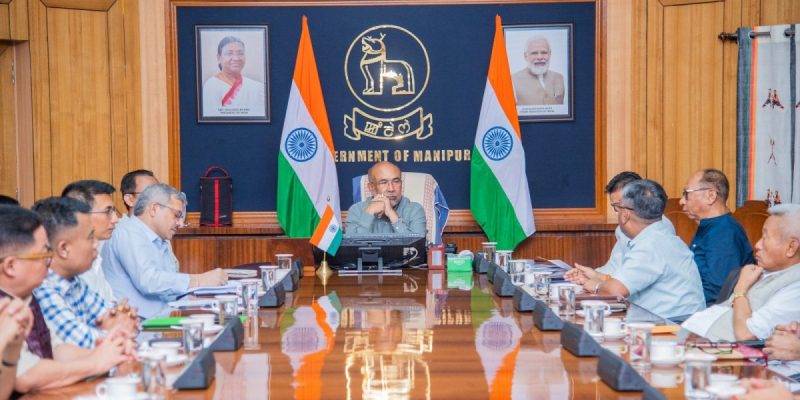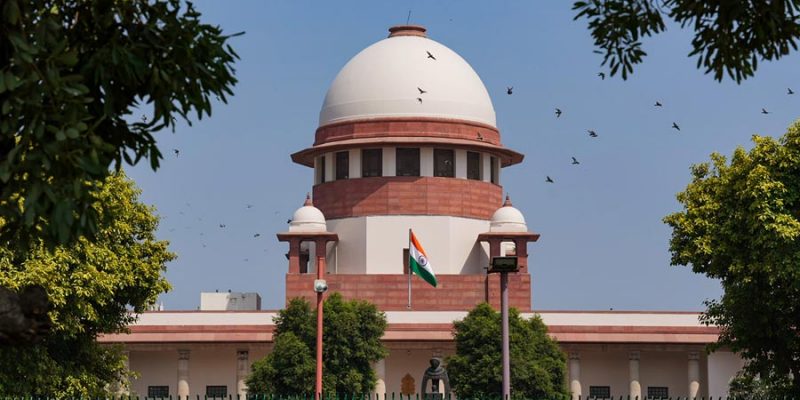What Explains the Vacancies in the Top Posts of Indian PSEs?

This article was first published on The India Cable – a premium newsletter from The Wire & Galileo Ideas – and has been republished here. To subscribe to The India Cable, click here.
Unlike private sector companies, the chairman and directors on the Board of Central Public Sector Enterprises (CPSEs) are not appointed by the board of directors of PSEs.
Instead, the process of selection is initiated by the Public Enterprises Selection Board, which recommends suitable candidates to the concerned Ministry which submits the proposal to the Appointment Committee of the Cabinet (ACC), which has the home minister and prime minister as its members.
Even the finance minister is not a member of the ACC. So why is the ACC not able to make timely appointments of top management positions of PSEs? Every year, the Ministries sign a detailed Memorandum of Understanding with their PSEs. This contains details of key performance indicators. Despite this, succession planning in PSEs seems to be completely missing.
India’s largest crude oil and natural gas company is the Oil and Natural Gas Corporation (ONGC). Its consolidated revenue in 2021-22 was Rs 5.31 lakh crore. It accounts for about 71% of domestic oil production. In January 2018, the government made ONGC buy the Union government’s entire 51.11% stake in Hindustan Petroleum Corporation Limited for Rs 36,915 crore. Another subsidiary of ONGC is Mangalore Refinery and Petrochemicals Limited (MRPL).
Is it not awkward that a national asset like ONGC has been without a regular chairman and managing director (CMD) since April 1, 2021? Its last two CMDs were only in officiating roles and they did not have even one-year tenures.
The post of director, HR in Bharat Petroleum Corporation Limited (BPCL) has been vacant since January 2022. The chairman of BPCL is retiring on October 31 and one can only hope that the company, which was proposed to be privatised, will not be headless.
Also read: What the Inevitable Scaling Down of Disinvestment Targets Says About India’s Political Economy
In 1987, the Union government, through a Government Resolution, set up the Public Enterprises Selection Board (PESB) for selecting candidates for chief executives and functional directors in Central Public Sector Enterprises (CPSEs). Instead of finding suitable professionals from the public and private sectors, the PESB has mostly been headed by retired secretaries to the government of India, presumably enjoying the confidence of the government of the day.
For the first time ever, in April 2021 (after seven years of the Modi government), Mallika Srinivasan, CMD, TAFE Ltd., was appointed chairperson of the PESB. Unfortunately, like other government appointments, even her term is for three years or until further orders, which means security of tenure is not guaranteed even for the chairperson of PESB.
Government rules provide that action for filling up top posts in PSEs must be initiated a year in advance. Accordingly, the PESB advertises posts, conducts a screening and invites shortlisted candidates for an interview.
From time to time, the PESB is not able to find suitable candidates and the same must be advertised again. Sometimes, the Ministry does not agree with the recommendation of the PESB and the entire process is repeated. Is it not ironic that the global giants of the private sector select Indian professionals for top positions but the Indian Public Sector cannot find suitable candidates to serve in Indian PSEs?
The assets of many PSEs in the infrastructure sectors are under consideration for monetisation. It is therefore necessary that the government gets a well-considered and impartial opinion from PSEs about the desirability of leasing out crucial assets which were created over a generation of investments.
Unlike the private sector, the board of PSEs plays no role in the selection of independent directors on their own boards, and it is the government which appoints them. It is a pity that several recent appointees on the board of even large and highly profitable and listed companies have no professional experience of the sector. Clearly, they cannot contribute much to board deliberations.
Siraj Hussain was Union Agriculture Secretary. He is a co-promoter of Arcus Policy Research. Jugal Mohapatra retired as Union Rural Development Secretary.







